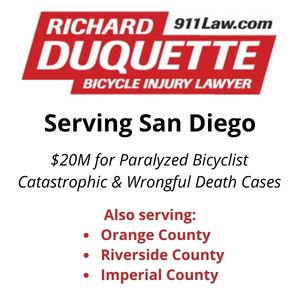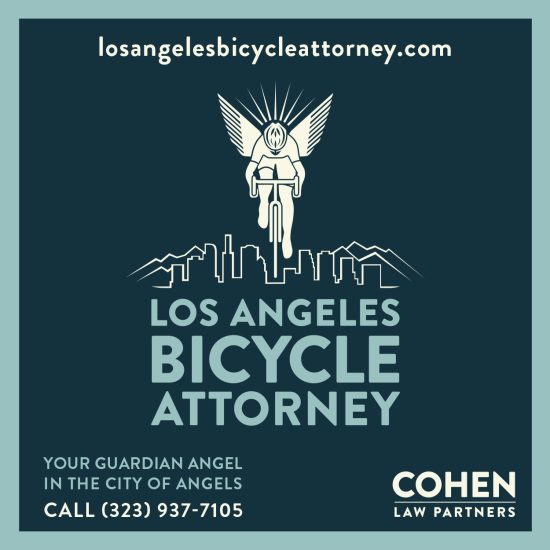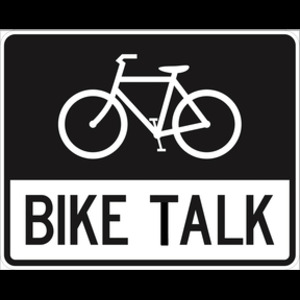I’ve been bicycling in Los Angeles for nearly two decades now.
For most of that time, I haven’t involved in local politics or government, aside than complaining about the idiots running this city, like everyone else.
Which made me the idiot, of course.
Because like most Angelenos, I was far too busy with my work and family to get caught up in some seemingly unimportant local election. And like most cyclists, I was more concerned with my next ride than what might be happening at the next city council meeting.
But while I was busy with my own concerns, decisions were being made that would affect the ability of cyclists to ride in L.A., as well as the very livability of the city. And not only did I not have a voice in those decisions, I was quite sure that my voice — and yours — didn’t matter, because no one was listening anyway.
Turns out, I was wrong.
Over the past year or so, I’ve learned that the low level of involvement exhibited by most Angelenos means that it really doesn’t take a lot of people to influence the process. In fact, one reason special interests have such an outsized influence in this city is that too many of us don’t bother to make our voices heard.
Of course, the other reason is they have all that money to contribute to campaigns and parties and PACs to influence the process.
As it turns out, though, a few motivated cyclists really can make a difference. And we seem to have some real friends in government, as well as a few others who are willing to take our side as long as we can make a good argument and show that we have some support on our side.
There’s also a secret government agency that exists solely to deal with cycling issues in Los Angeles. Or at least, it might as well be a secret since most riders have never heard of it.
Don’t believe me? Just stop the next cyclist you see, and ask if he or she is going to the BAC meeting tomorrow night.
That blank stare should be all the answer you need.
Yet the Bicycle Advisory Committee has been around for over 30 years, ever since it was founded by Tom Bradley — the city’s last great visionary mayor and standard every local political leader has failed to measure up to since the ‘70s.
And it’s a pity, because the BAC has the potential to make a huge difference for L.A. cyclists. It can, and should, provide a direct voice for cyclists in our city government — giving cyclists access to the city’s leadership and giving our leaders insight into the issues we face on the street everyday.
But it only has the power our mayor and city council give it. And the power they give it is in direct proportion to the support it gets from the cycling community.
You and me, in other words.
I can’t speak for you, but I know I haven’t been giving it enough support. In fact, I’d never heard of it until about a year ago, and only attended my first meeting just two months ago to argue in support of better police training.
That’s on the agenda for tomorrow night, along with further discussion of the proposed new bike plan, the new Expo bikeway, the proposal to limit bikes on Metro trains to just two per car, and the problem of trucks blocking bike lanes, among other items.
You don’t have to go. Unless you happen to live around there, it’s a major pain in the ass to get downtown, especially so close to rush hour. In fact, I can usually drive to Orange County in less time than it takes me to get Downtown from the Westside.
But it’s important, and it’s worth it. Because what happens there will help determine the quality of biking in L.A. today, and for the foreseeable future.
Besides, you might just see me there.
………
Will Campbell bears witness to a recent tragedy. MetroRider discusses the city’s proposed bike plan. A Helena letter writer insists that the rules of the road apply to cyclists, too, while a Toronto paper observes an intersection where only 13% of cyclists stop. A suburban Chicago paper says there’s room enough on the road for everyone, and a writer in South Carolina says safety goes both ways. Colorado cyclists and a driver fight in the roadway, and can’t agree on what happened. Finally, a Cleveland teen hits a police car. You really, really don’t want to do that.





